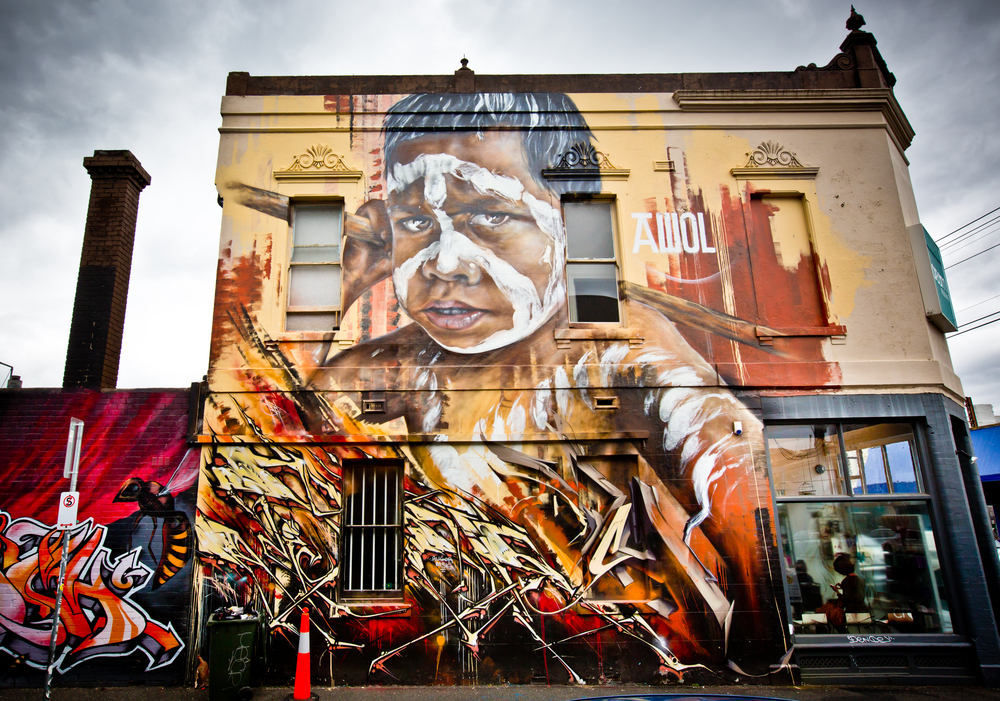A new research agenda from the University of Queensland will focus on health and wellbeing outcomes for First Nations people living in urban areas of Australia.
As Australia becomes more urbanised, there is an urgent need to improve health and wellbeing outcomes for urban First Nations peoples, according to a Perspective published in the Medical Journal of Australia.
The population of First Nation’s people residing in capital cities increased by 67% between 2011 and 2021, but there is very little research on the health and wellbeing of these populations.
Urbanisation places pressures on an already stretched health care system, which affects the performance, access and utilisation of health systems for urban First Nations people.
“Urbanisation can contribute to significant health inequities and can diminish opportunities for facilitating social and cultural cohesion, which are important for First Nations peoples in maintaining cultural identity, culture, and connection to kin,” Senior research assistant Janet Stajic and colleagues wrote.
“Moreover, people in cities can easily be isolated from communities and often in areas of greater social dysfunction.”
Janet Stajic is a Senior Research Assistant and PhD candidate with the University of Queensland Poche Centre for Indigenous Health (UQ Poche Centre).

Health outcomes “suboptimal”
The performance of health systems for urban First Nations people in Australia remains suboptimal, Janet Stajic and her colleagues wrote.
“The proportion of pregnant women in major cities who attend primary health care organisations for antenatal visits was highest in remote areas (48%) and lowest in major cities (32%),” they wrote.
“The rate ratio of potentially preventable hospitalisations between urban First Nations and non-Indigenous peoples living in capital cities is 2.1.
“Conversely, we know that when First Nations-led health care is adequately resourced and implemented in cities, these clinics and programs can result in significant improvements in health care access, utilisation and outcomes.”
The importance of Aboriginal community controlled health services was explored in an InSight+ article from June 2023, which interviewed Julie Tongs, the CEO of the Winnungah Nimmityjah Aboriginal Health Service in Canberra.
“One of our greatest achievements is being able to deliver a service to First Nations detainees in prison here in the [Australian Capital Territory],” she said.
“We run a clinic there — we have doctors and nurses, a forensic psychologist, and Aboriginal staff that go into the prison.
“It’s huge — and we are the first ones in the country to do that.”
An Indigenous urban health research agenda
To address the gaps in knowledge and research in urban First Nations health, the UQ Poche Centre has developed the Indigenous Urban Health Research Agenda.
“To improve First Nations health disadvantage nationally, considerably more effort and investment in research, policy and clinical services must focus on urban populations and communities, especially with a focus on Aboriginal community-controlled health care,” Janet Stajic and colleagues wrote.
The UQ Poche Centre is working closely with urban Aboriginal community controlled health services, forming an alliance known as the Research Alliance for Urban Community Controlled Health Services (RAUCCHS).
“This Alliance will use the expertise and capacity of members to achieve transformational changes in systems, policy and care through research that enhances the capacity of ACCHS to achieve their respective and collective vision for their community’s wellbeing,” Janet Stajic and colleagues wrote.
The authors acknowledge that while urban First Nations health requires more research and investment, they are not advocating for decreasing effort in regional and remote health initiatives.
First Nations-led research
The Indigenous Urban Health Research Agenda will focus on research that:
- is of priority to urban First Nations communities, is First Nations-led, and strives towards equitable health outcomes for urban First Nations people;
- improves health care delivery for urban First Nations people;
- provides local-level evidence on the relationships between social, cultural, policy and economic determinants of health and health outcomes for urban First Nations people; and
- provides local-level evidence on under-researched urban First Nations populations such as homeless or LGBTQI+ people.
“This research centres Indigenous ways of knowing, being and doing by privileging Indigenous voices and world views, underpinned by Indigenous methodologies that encompass the principles of ethical research with First Nations people in Australia,” Janet Stajic and colleagues wrote.
“We know that when First Nations-led health care is adequately resourced and implemented in cities, these clinics and programs can result in significant improvements in health care access, utilisation and outcomes.”
Read the perspective in the Medical Journal of Australia.
Subscribe to the free InSight+ weekly newsletter here. It is available to all readers, not just registered medical practitioners.

 more_vert
more_vert